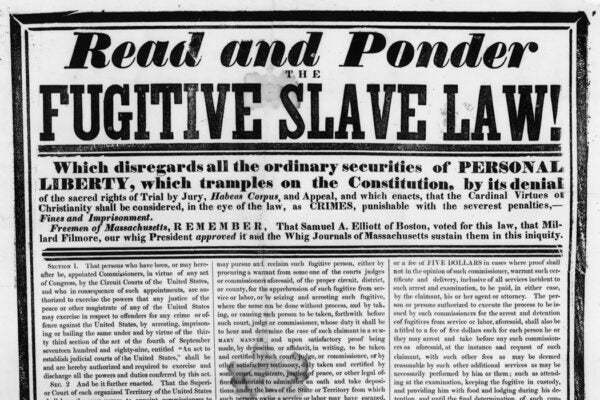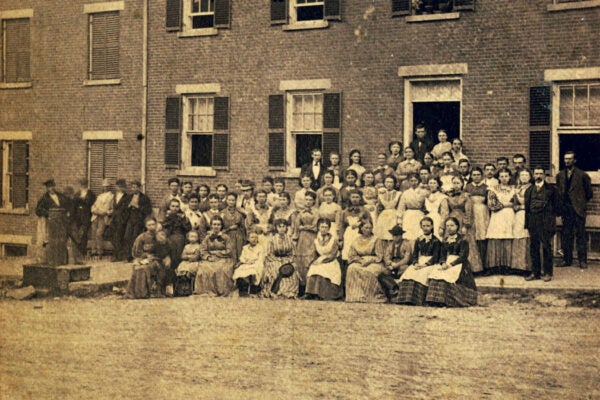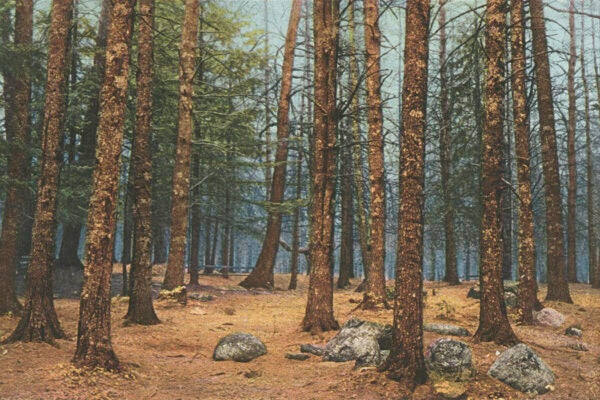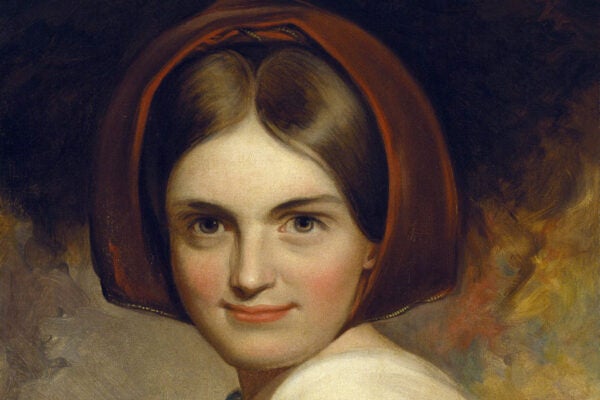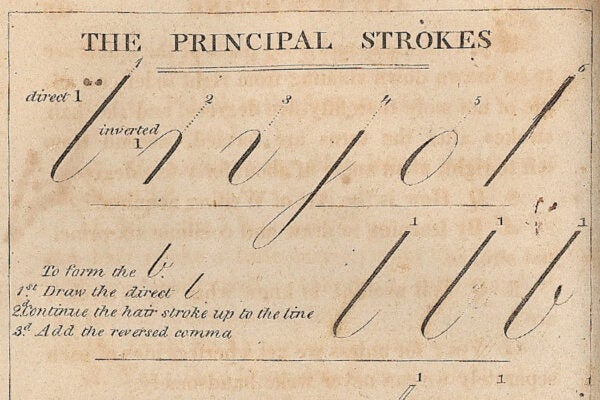The Fugitive Slave Act of 1850: Annotated
The Fugitive Slave Act erased the most basic of constitutional rights for enslaved people and incentivized US Commissioners to support kidnappers.
The Alien Enemies Act: Annotated
Confused about the oft-mentioned Alien Enemies Act? This explainer, with links to free peer-reviewed scholarship, may help clear things up.
Lowell’s Forgotten House Mothers
As vital to the success of industrial New England as the mill girls who toiled in the factories were the women who oversaw their lodging.
Hoosier Cabinets and the Dream of Efficiency
Out of Indiana came a beloved wooden innovation that helped change the status of the kitchen in the American home.
Self-Publishing and the Black American Narrative
Bryan Sinche’s Published by the Author explores the resourcefulness of Black writers of the nineteenth century.
The Treaty of Paris 1783: Annotated
The Treaty of Paris marked the end of the Revolutionary War and the hostilities between Great Britain and the newly independent United States—at least temporarily.
Tree of Peace, Spark of War
The white pines of New England may have done more than any leaf of tea to kick off the American Revolution.
The Long Shadow of the Jolly Bachelors
More than a century ago, Charlotte Cushman presided over a group of queer female artists who supported one another’s creativity and left a pioneering, if overlooked, legacy.
The Federalist No. 1: Annotated
Alexander Hamilton’s anonymous essay challenged the voting citizens of New York to hold fast to the truth when deciding to ratify (or not) the US Constitution.
Before Palmer Penmanship
The creation and propagation of standard penmanship in the American education system is almost as old as the United States itself.
